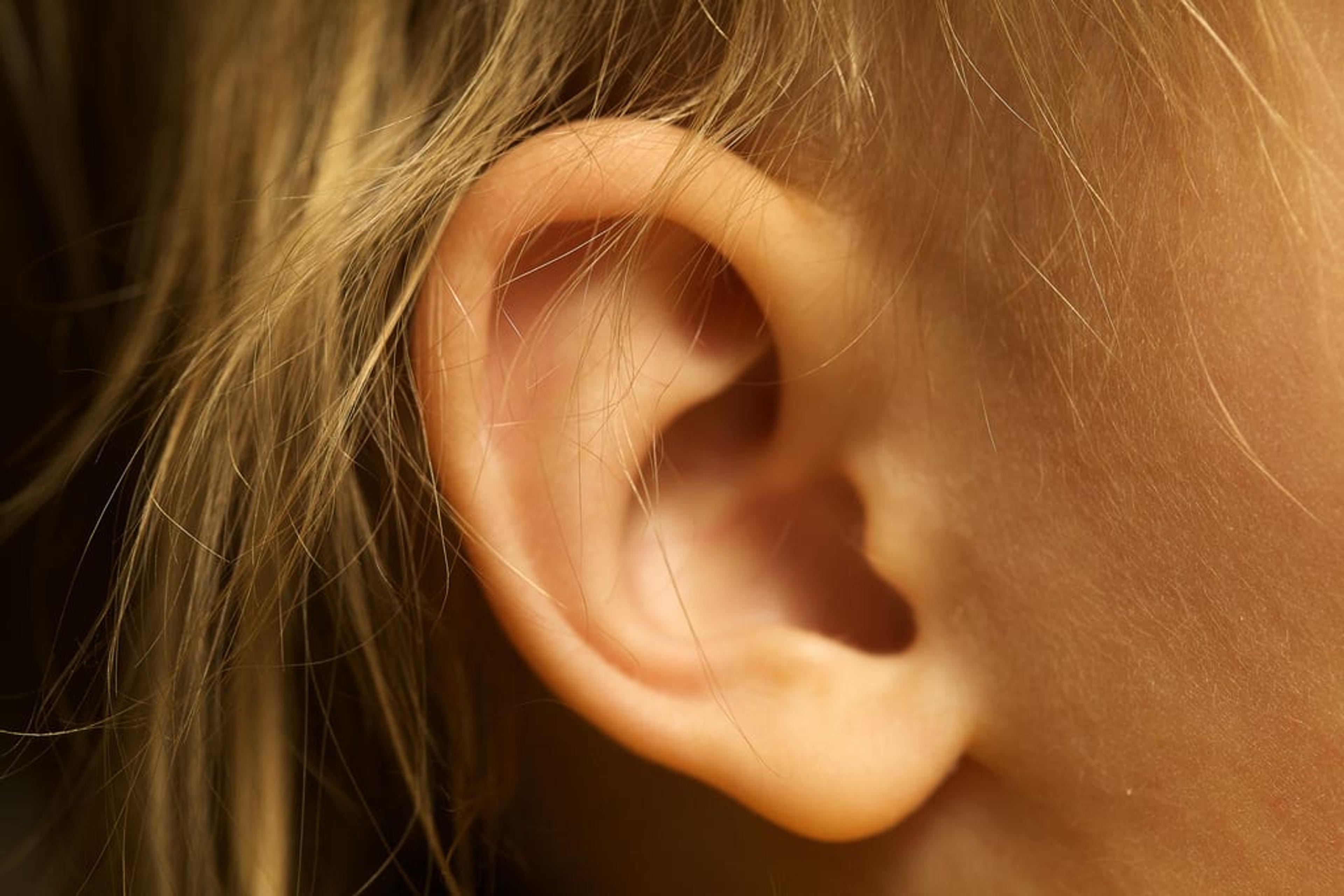Hearing Screenings Expand for Metro Detroit Youth
Julie Bitely
| 4 min read

As Executive Director of the Lions Hearing Center of Michigan, Phil Wells has seen firsthand how life-changing the gift of hearing can be, and how important it is to screen kids for hearing loss. He remembers one toddler in particular, a Spanish-speaking little boy, who came to the Lions Hearing Center of Michigan for a screening. The boy failed his screening in both ears, so he was fitted for hearing aids. Wells recalls the boy strutting around the center once he put them on, proud to show everyone he could finally hear what was happening around him. “If we hadn’t been there, he wouldn’t have been screened or tested for another year,” Wells said. Hearing loss is one of the most common and potentially devastating disabilities in the United States. It is estimated that about 15 percent of children ages six to 19 suffer from hearing loss, and that two to three out of every 1,000 children are born with a detectable level of hearing loss in one or both ears. Wells said it’s important to identify hearing loss as early as possible to prevent developmental problems from occurring. In an effort to help Metro Detroit kids get hearing screenings early on, the Blue Cross Blue Shield of Michigan Foundation provided the Lions Hearing Center of Michigan a $30,000 grant to expand its hearing screening services. As a result, the Lions Hearing Center of Michigan plans to increase the number of Head Start and Early Head Start children receiving services, expand screening services into select middle and high schools in Detroit and provide weekly testing services at the Wayne County Juvenile Detention Facility. The group will document all screening failures and provide schools and parents with necessary information to seek treatment, as well as follow up with schools, parents and facilities to ensure treatment is sought. It’s expected that at least 3,000 kids will benefit from the expanded screenings and treatment. Wells said parents should try to make sure their children are present on testing days at schools, and that parents can also look for local health fairs offering hearing screenings. “We think kids ought to get screened or tested every year,” he said. About ten percent of kids will fail a hearing test, although sometimes that’s due to a cold or fluid in the ear. In these cases, parents are often recommended to retest their child’s hearing a couple weeks later to rule out those possibilities. Here’s what Wells said parents should watch out for at different ages when it comes to their children’s hearing:
- Birth to 3 Years: Infants are typically tested at birth in the hospital. As your baby grows, watch for signs that he or she isn’t picking up on sounds. If you call your baby’s name or the phone rings and they don’t look in the direction of the sound, you might want to have them screened. “It’s little things like that that you have to be aware of,” Wells said.
- 3 to 5 Years: About 75 percent of kids in this age range will deal with an ear infection. If undetected or untreated, this can lead to lifetime of hearing loss, so it’s important to go for regular checkups and screenings.
- 12 to 17 Years: There’s evidence that up to 16 percent of kids in this age group experience some type of hearing loss, much of it related to listening to music at high volumes through headphones or earbuds worn close to the ears. “It’s really starting to be alarming with older kids,” Wells said. He recommended talking to kids about the importance of keeping the volume at a reasonable level.
If you liked this blog post, you might also enjoy:
- Keep Your Child Healthy with Regular Checkups
- Safe Sleep Key to Reducing State’s Infant Mortality Rate
- Blue Cross Program Saved $1.4 Billion in Healthcare Costs
The Blue Cross Blue Shield of Michigan Foundation supports research and programs to improve the health of Michigan residents. No grant money comes from the premium payments of Blue Cross Blue Shield of Michigan members. To learn more about BCBSM Foundation grant programs, visit bcbsm.com/foundation. Photo credit: Travis Isaacs





